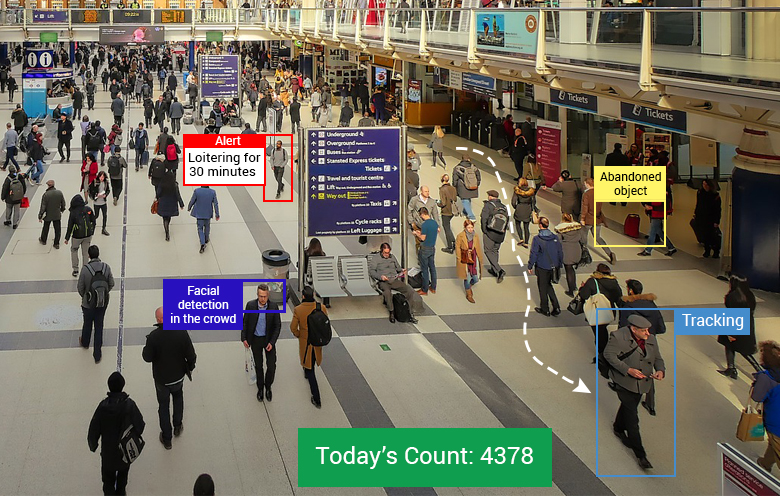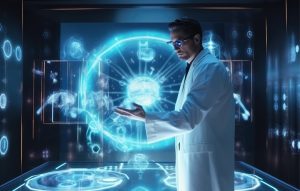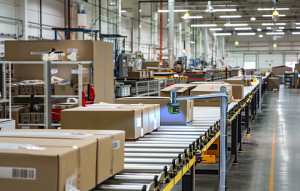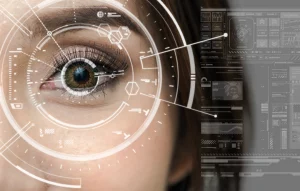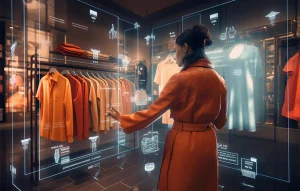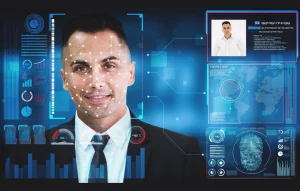At first, the use of video surveillance in most businesses was restricted for security purposes. But times have changed and now, video analytics has more widespread uses. Video streams are being measured in real-time to find deeper insights that can be in the form of patterns, anomalies, motion detection, behavior, events and much more. The information collected can help businesses to enjoy a multitude of benefits like increased sales, time savings, reduction in losses, and boost in productivity.
The Video Analytics Market is expected to grow from $1,537.9 Million in 2015 to $3,971.2 Million by 2020. -MarketsandMarkets
The ways in which video analytics services can be used across industries is limitless. Here are some of the use cases that help us to explore the true potential of video analytics:
Boosting total in-store performance
Retail organizations can use video analytics to identify in-store performance and take appropriate actions to boost it. Video data is fed to an algorithm that generates valuable insights regarding the in-store movement of customers including details like customer traffic patterns, dwell time, least busy time frame and more. This technique is called heat-mapping and it enables retailers to identify thriving and dead spots to improve the store layout accordingly.
Insights provided by video analytics can help store owners in better product placement, advertisement and, promotion display. Moreover, retailers can also use this information to optimize staff allocation and plan cleaning activities accordingly, thereby improving the overall customer experience.
Reducing retail shrinkage
Retail and logistics companies can use video surveillance analytics to minimize inventory loss significantly. The data captured using cameras installed in storage areas can be analyzed to get insights about normal operating hours, average time spent in the inventory, employees handling the inventory, and other details. The model is then trained to detect unusual activities like unexpected time of operation, unauthorized access, suspicious movement of inventory and more. The system can also track passers-by who spend a lot of time around the inventory section or even authorized persons who spend an unusual amount of time in the area. In these ways, the companies can get alerts in the real-time and avoid theft before it occurs.
Improving patient satisfaction
Video analytics can help healthcare providers to improve the overall patient experience. Cameras can continuously monitor patients waiting to meet the doctor, and ensure they are checked-in within a given time duration. Even an alert can be sent to the staff regarding a patient who has been left unattended for a long time.
Moreover, by analyzing the video captured on the entrance, one can find insights regarding the percentage of people needing assistance. This helps to allocate resources accordingly and improve patient outcomes. Another major area where video analytics really outperforms is elder care. Doctors can monitor elderly people who live alone or in old age homes, using smart cameras. Any abnormalities reported in the behavior can be easily detected and alert the doctor regarding the same.
Enhancing public safety
Video analytics can play an integral part in improving public safety during sports, rallies or other public events. Real-time video can be collected from cameras installed at the venue that can be fed to an AI algorithm. By using technologies such as face detection and license plate recognition, any harmful threat can be easily detected at the entry itself. Moreover, video analysis of the audience during the event can also provide us with insights regarding any aggressive or abnormal individual or group. This can help to proactively address the issues at the right time to avoid any mishap.
Reducing delay in public transportation
The public transportation industry can use video analytics services to improve time management and reduce delays. As soon as the ignition is turned on, a camera starts recording the entire journey. This kind of data collected over a period of time for the entire fleet of vehicles can give valuable information regarding peak hours, traffic congestion, routes and more. This information can be used to understand the various reasons that cause delays.
The technology can help transit agencies with better route optimization to avoid traffic and reduce delays. Moreover, the real-time view of the route provided by other vehicles can also keep them informed about any accidents, vehicle breakdown or other track obstructions. This will help them to plan the route accordingly without disrupting the service, thereby offering a greater passenger experience.
Final say
Video analytics is the need of the hour! The video data is massive and the benefits it can bring to a business are even greater. With the help of guidance from the right video analytics experts, you can focus and make effort in the right direction. Contact us for a consultation now!


